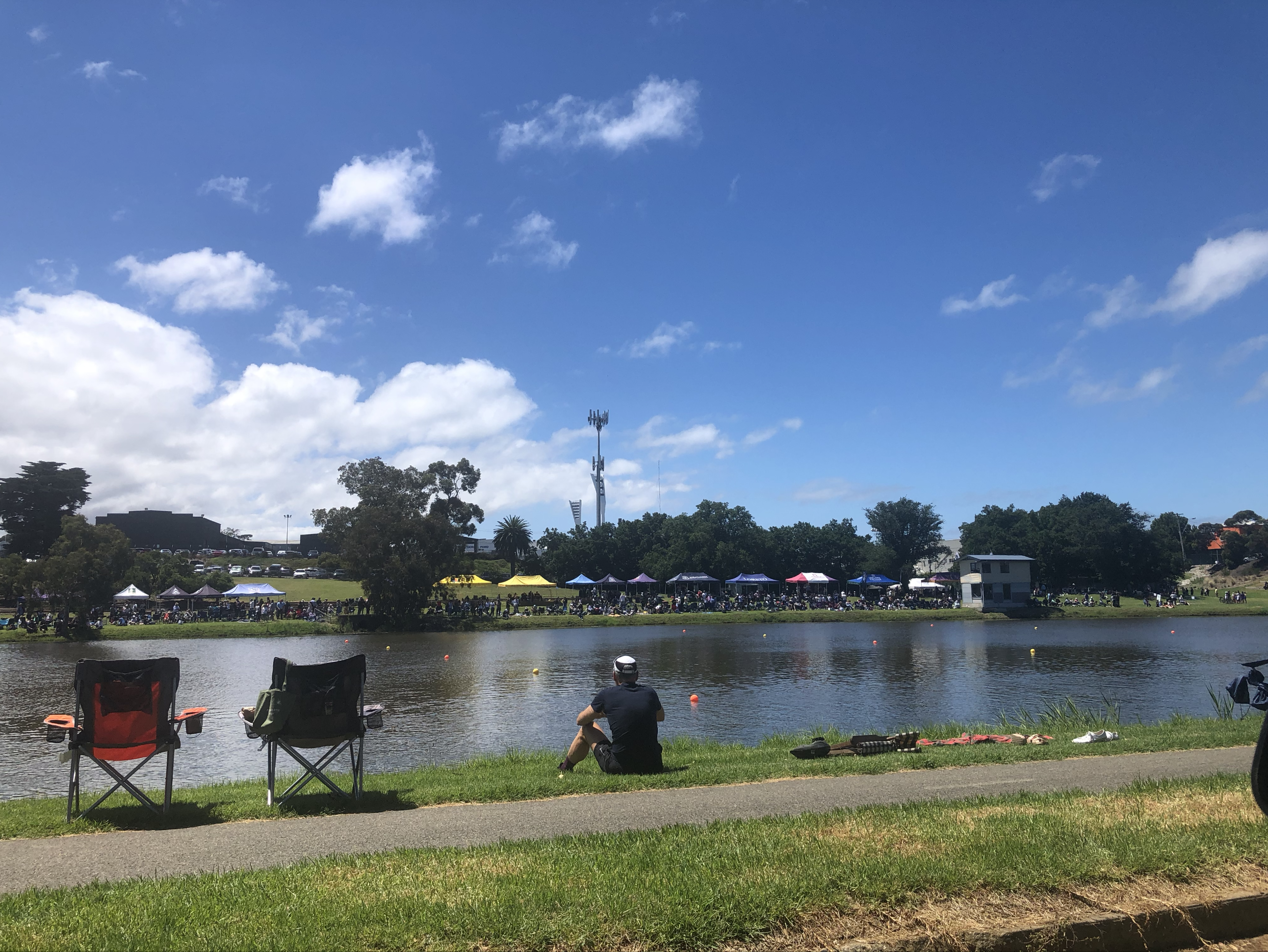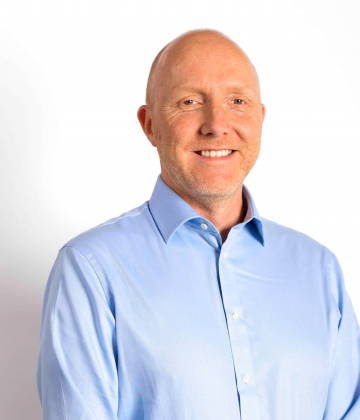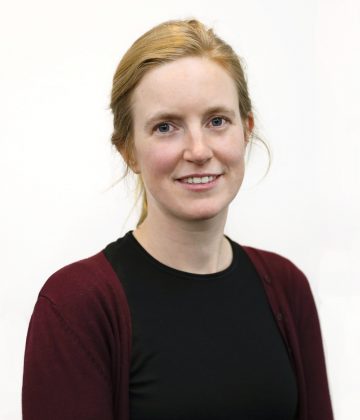Modelling the social and economic value of river flows in Geelong
This project examined the social and economic value that the Barwon and Moorabool Rivers provide to the community of Geelong, and the importance of river flows for supporting and protecting these values.
The Barwon River in Victoria is one of Geelong’s most significant natural assets. However, it has been experiencing declining flows due to the impacts of climate change and growing regional demand.
Declining flows contribute to reduced water quality in the lower Barwon; increased frequency and severity of blue-green algal outbreaks; and threatens minimum water depths required for popular river-based events like rowing.
Until recently, the full impacts of reduced water flows in the Barwon River – particularly in terms of the social and economic impacts for Geelong – were not fully understood. As the manager for the Barwon River through Geelong, the Corangamite Catchment Management Authority (CMA) commissioned an independent study by RMCG in partnership with HARC, focused on the lower Barwon and Moorabool Rivers near the Geelong Ring Road to the lower barrages at Reedy Lake.

About this project
The aim of the study was to:
1. Model a range of climate and water recovery scenarios on river flows in the lower Barwon and Moorabool Rivers.
Several scenarios were considered where different volumes of recovered water would be delivered along the Leigh/ Yarrowee, Barwon and Moorabool Rivers. These scenarios measured the impact of additional water on river flows, depth and water quality in the lower Moorabool and Barwon Rivers, including the expected likelihood of algal blooms.
2. Examine the social and economic benefits from a flowing Barwon River through Geelong and lower Moorabool River.
A quantitative economic analysis was developed to estimate the use and value of the river, and its impact and benefits under each water recovery scenario. The analysis incorporated climate change, population growth and community behaviour assumptions.
While flow studies traditionally focus on ecological values, this study combined hydrological and water quality modelling with comprehensive economic modelling to determine the socio-economic value of a major urban waterway and its river flows for the community. It also examined the impact of additional river flows on these values over time.
This study has informed policy development through the Central and Gippsland Sustainable Water Strategy and has helped to secure additional flows for the Barwon and Moorabool Rivers.
Click here to read the report.
Find out more about work in waterways and water for the environment and economics.



